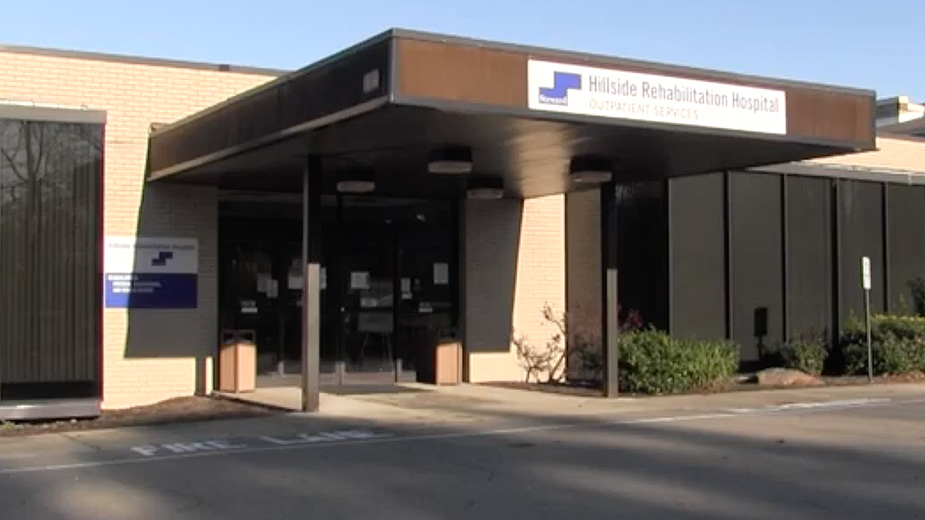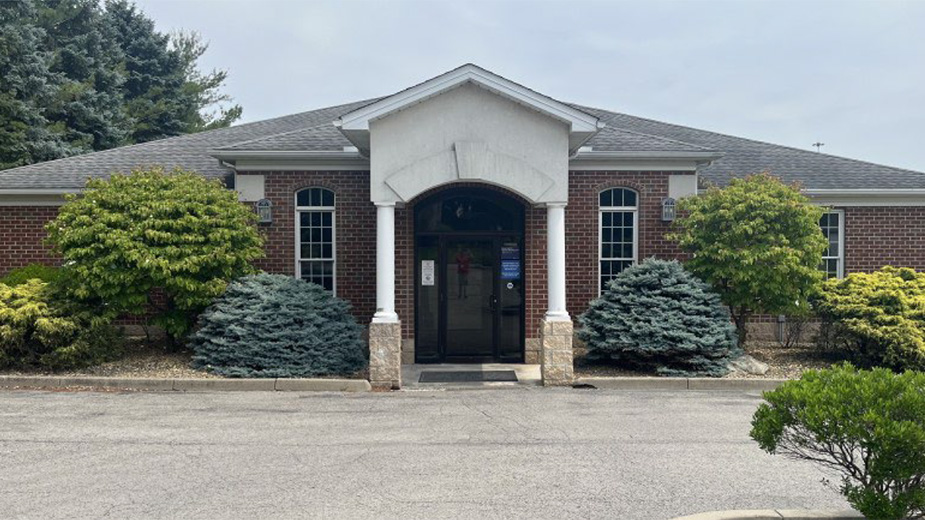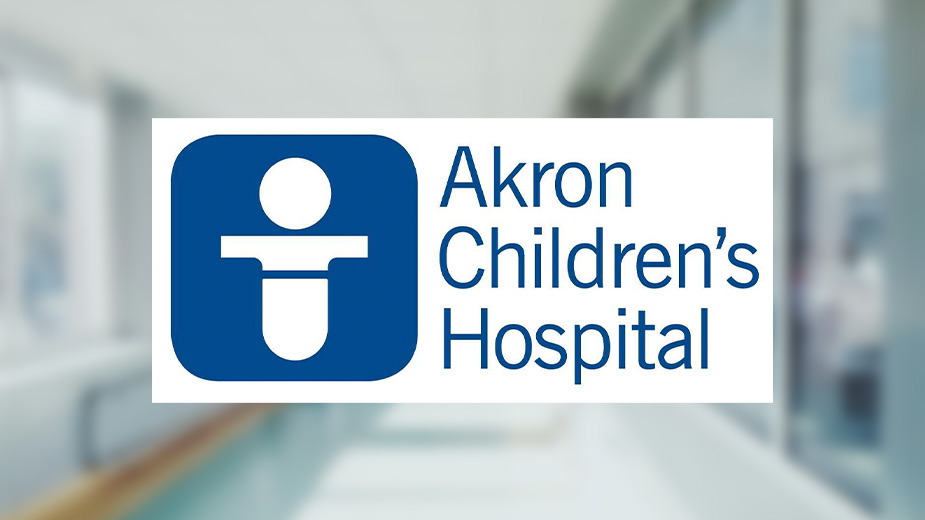Hillside Rehabilitation Hospital Opens Botox Clinic to Treat Chronic Migraines
WARREN, Ohio – Hillside Rehabilitation Hospital recently launched its Botox Clinic for treatment of chronic migraines and focal spasticity, the hospital said Wednesday in a press release.
The outpatient clinic is overseen by Dr. Megan Teeples, physical medicine and rehabilitation physician, and is located at Hillside Rehabilitation Hospital, 8747 Squires Lane NE.
Botulinum Toxin therapy is a medication that when injected blocks the abnormal signals between the nerve and muscle, allowing the muscle to relax. This therapy is delivered in very small doses directly into the muscle and is very effective for both chronic migraines and focal spasticity.
The use of Botox to treat chronic migraines in adults 18 years of age and older is FDA approved, the hospital said.
A person must have at least 15 documented migraines per month and proof that other medications have failed in preventing migraines to qualify, the hospital said. Botox is injected around the pain fibers that cause headaches, enters the nerve endings and blocks the release of chemicals involved in pain transmission, preventing future migraines.
Spasticity is the uncontrolled tightening of muscles along with the inability to relax or loosen them, the hospital noted. It is typically found in patients with cerebral palsy, multiple sclerosis, traumatic brain injury, spinal cord injury or stroke. Spasticity can negatively affect a person’s functioning ability and quality of life.
“A patient is first scheduled for an evaluation in the Botox Clinic at Hillside where I will assess the need for Botox,” Teeples said. “If the patient meets the criteria and is approved for Botox, a separate appointment will be scheduled. The second appointment only takes about 15 minutes, and Botox will be administered in the necessary areas,” she said.
A follow-up appointment will be scheduled at the clinic three weeks after the first injection to ensure the injection was successful and the patient’s condition has improved. If there is improvement, the patient will be scheduled for a repeat injection in three months.
Botox can take up to three weeks to reach its peak effectiveness and usually lasts for about three months, the hospital said.
Pictured at top: Hillside Rehabilitation Hospital’s Outpatient Services building in Warren.
Published by The Business Journal, Youngstown, Ohio.



